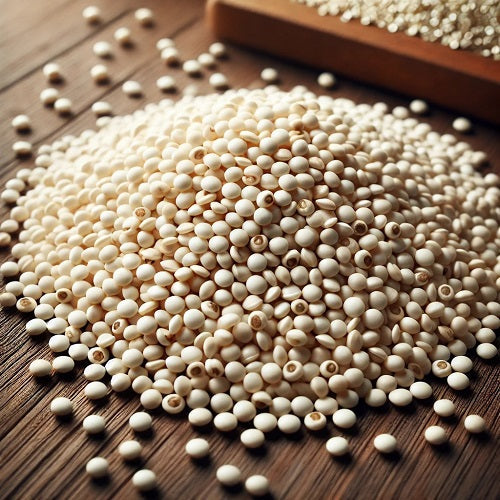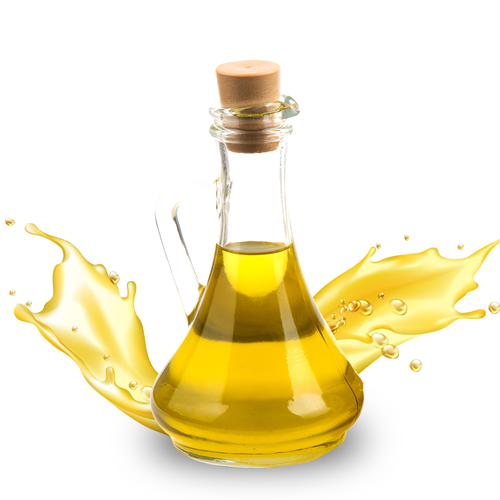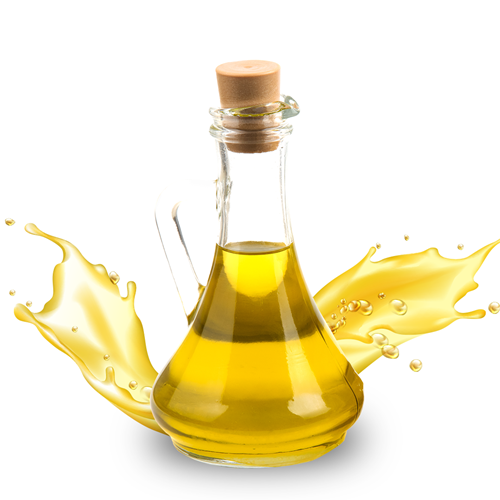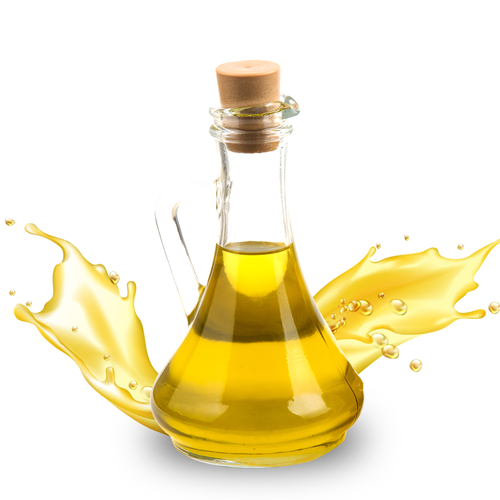Menu
Add description, images, menus and links to your mega menu
A column with no settings can be used as a spacer
Link to your collections, sales and even external links
Add up to five columns
Add description, images, menus and links to your mega menu
A column with no settings can be used as a spacer
Link to your collections, sales and even external links
Add up to five columns
LOOKING FOR BULK INGREDIENTS PRICING?

Benefits of Quinoa Seeds - Wholesale B2B Bulk Suppliers in USA
Quinoa Seeds: The Ancient Superfood for Modern Nutrition
Quinoa Seeds have earned a global reputation as a powerhouse of nutrition, often referred to as a “super grain.” Native to the Andean regions of South America, quinoa (Chenopodium quinoa) has been cultivated for over 5,000 years. Unlike most plant-based foods, quinoa is a complete protein, making it especially valuable in vegetarian and vegan diets. Packed with essential amino acids, fiber, vitamins, and minerals, quinoa is not only versatile but also easy to digest and naturally gluten-free.
Botanical Profile
-
Botanical Name: Chenopodium quinoa
-
Family: Amaranthaceae
-
Plant Part Used: Seeds
-
Color: White, red, black, or mixed
-
Taste: Mild, nutty, slightly earthy
-
Common Names: Quinoa, Keen-wah, Mother Grain
Nutritional Benefits of Quinoa Seeds
-
Complete Source of Plant Protein
Quinoa contains all nine essential amino acids, making it a rare complete protein source among plant-based foods. It’s ideal for muscle repair, growth, and overall health. -
Rich in Fiber
High fiber content in quinoa aids digestion, supports regular bowel movements, and promotes a feeling of fullness, which helps in weight management. -
Packed with Vitamins and Minerals
Quinoa seeds are rich in magnesium, iron, zinc, potassium, and B vitamins, which support brain function, heart health, and energy production. -
Gluten-Free and Easy to Digest
Naturally gluten-free, quinoa is suitable for individuals with celiac disease or gluten intolerance. Its gentle nature makes it ideal for those with sensitive stomachs. -
Antioxidant Properties
Quinoa contains powerful antioxidants like quercetin and kaempferol, which help protect cells from oxidative stress and inflammation. -
Supports Heart and Metabolic Health
The combination of fiber, healthy fats, and plant compounds in quinoa can help regulate blood pressure, cholesterol, and blood sugar levels.
Common Uses and Applications
-
Cooked as a rice substitute in meals
-
Used in salads, soups, stews, and stir-fries
-
Made into porridge or breakfast bowls
-
Ground into flour for baking gluten-free bread, muffins, and snacks
-
Incorporated into protein bars and health foods
How to Prepare
Rinse quinoa thoroughly to remove its natural coating (saponins) that can taste bitter. Cook it using a 2:1 ratio of water to quinoa, and simmer for about 15 minutes until fluffy. It can be seasoned to taste or used as a base for savory or sweet dishes.
Final Thoughts
Quinoa Seeds are more than just a food trend—they’re a timeless nutritional treasure. With their exceptional protein content, fiber, and micronutrients, quinoa offers a well-rounded addition to any diet. Whether you're looking to enhance your meals or boost your overall health, quinoa is a simple, sustainable, and delicious choice for everyday nourishment.
For bulk orders and inquiries, visit Reveda - Quinoa Seeds
BUY ONLINE IN USA FROM REVEDA - The leading manufacturer B2B Bulk Wholesale Supplier of Quinoa Seeds in USA.
Also in Reveda: Health & Wellness

Benifits Of Omega-3 Fish Oil EE - 460 MG/G EPA & 180 MG/G DHA - Wholesale B2B Bulk Suppliers in USA
Read More
SUBSCRIBE NOW ...
Don't miss to get latest updates on sales, new releases and promotions

